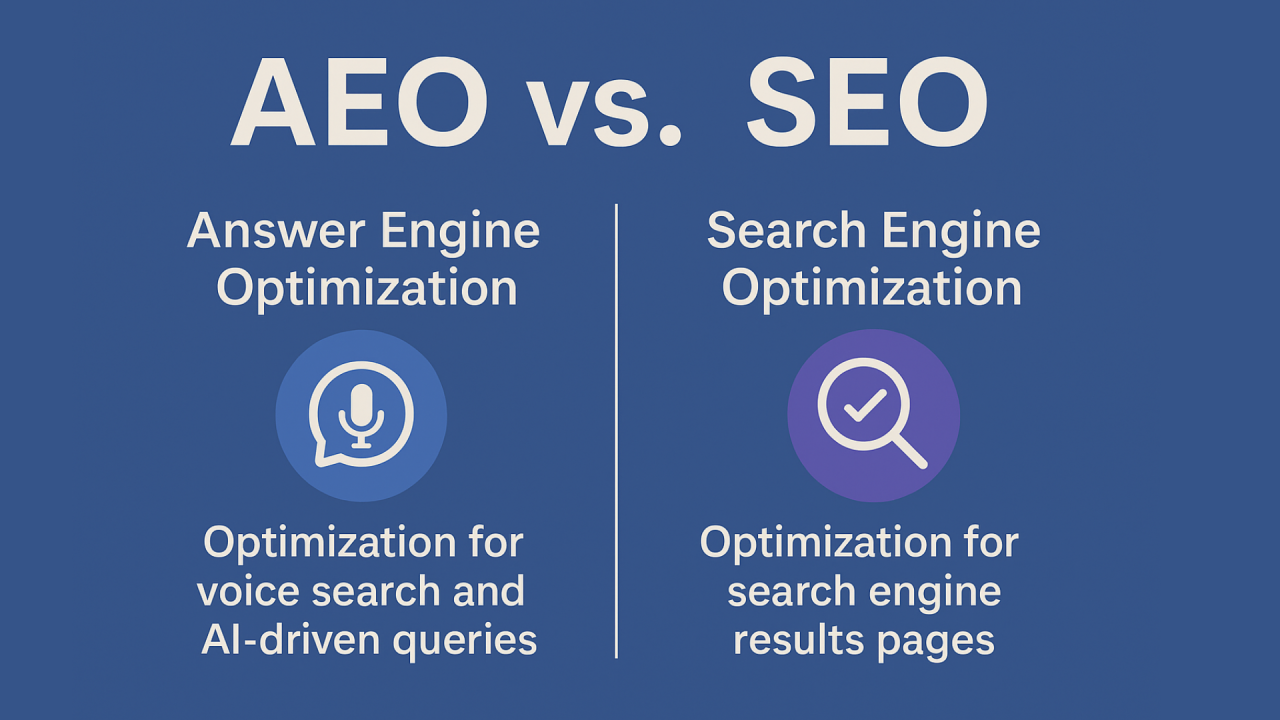Introduction
In the rapidly evolving digital landscape, the way we access information is undergoing a significant transformation. Traditional search engines like Google have long been the go-to tools for retrieving information.
However, with the advent of vocal AI technologies, users now have alternative methods to obtain information through voice-activated assistants. This article explores the differences between vocal AI and traditional search engines, examining their functionalities, advantages, and limitations.
Understanding Traditional Search Engines
Traditional search engines operate by indexing vast amounts of web content and retrieving relevant results based on user queries. Users typically input keywords or phrases, and the engine ranks pages using algorithms that consider factors like relevance, authority, and user engagement. This method provides a diverse range of sources, allowing users to explore multiple perspectives on a topic.
The Rise of Vocal AI
Vocal AI assistants leverage natural language processing (NLP) and machine learning to interpret and respond to spoken commands. These systems are integrated into various devices, enabling users to perform tasks, answer questions, and control smart home devices through voice interactions. The convenience and immediacy of vocal AI have contributed to its growing adoption.
Comparative Analysis
| Feature | Traditional Search Engines | Vocal AI Assistants |
|---|---|---|
| Input Method | Text-based queries | Voice commands |
| Interaction Style | List-based results with links | Conversational, direct responses |
| Information Depth | Access to a wide array of sources | Summarized answers from selected sources |
| Multitasking | Requires active engagement | Allows hands-free operation |
| Personalization | Personalized results based on search history | Personalized responses based on user preferences |
Advantages of Traditional Search Engines
- Comprehensive Information Access: Users can explore a multitude of sources, gaining diverse insights on a topic.
- Detailed Content: Access to in-depth articles, studies, and discussions that provide a thorough understanding.
- Advanced Search Techniques: Utilization of operators and filters to refine search results for specific needs.
Advantages of Vocal AI Assistants
- Convenience: Enables users to obtain information without needing to type, ideal for multitasking environments.
- Speed: Provides immediate, concise answers, reducing the time spent searching.
- Accessibility: Beneficial for individuals with disabilities or those who prefer auditory interactions.
Challenges and Considerations
- Accuracy of Information: Vocal AI may provide answers based on limited sources, potentially lacking depth or context.
- Privacy Concerns: Continuous listening features raise questions about data security and user privacy.
- Dependency on Technology: Over-reliance on vocal AI could diminish users’ ability to critically evaluate information.
Future Outlook
The future of information retrieval may see a convergence of traditional search engines and vocal AI. Hybrid models could emerge, combining the depth of search engines with the convenience of voice interactions. Advancements in AI and NLP will likely enhance the accuracy and contextual understanding of vocal assistants, making them more reliable sources of information.
Read More: Pup + You in Perfect Sync: The Joy of Matching Dog & Owner Hoodies
Conclusion
Both traditional search engines and vocal AI assistants offer unique advantages in the realm of information retrieval. While search engines provide comprehensive, detailed content, vocal AI offers speed and convenience through conversational interactions.
The optimal approach may involve leveraging both technologies, depending on the user’s needs and context. As technology continues to evolve, users can expect more integrated and efficient methods of accessing information.
FAQs
- What is the main difference between vocal AI and traditional search engines? Vocal AI provides direct, conversational responses to voice commands, whereas traditional search engines return a list of links based on text-based queries.
- Can vocal AI replace traditional search engines? While vocal AI offers convenience and speed, it may not provide the depth and variety of information that traditional search engines can offer.
- Are there privacy concerns with using vocal AI assistants? Yes, continuous listening features and data collection by vocal AI assistants can raise privacy and security concerns.
- How accurate are the responses from vocal AI assistants? The accuracy depends on the quality of the data and algorithms; however, responses may be less detailed compared to traditional search engine results.
- Will vocal AI technology improve over time? Yes, advancements in AI and natural language processing are expected to enhance the capabilities and accuracy of vocal AI assistants.

Leave a Reply